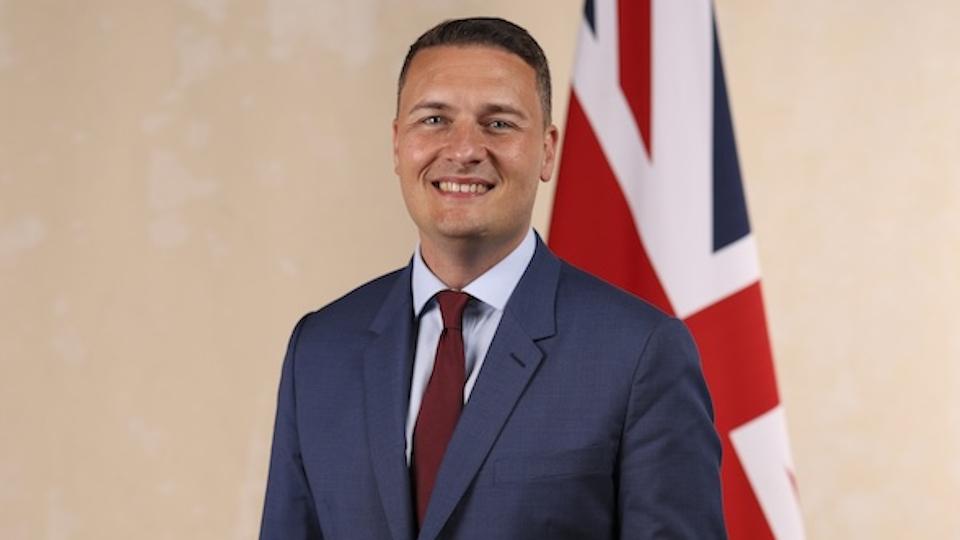NHS England to be given a bigger role in GP data sharing

UK Health and Social Care Secretary Wes Streeting
UK Health Secretary Wes Streeting has announced plans to allow NHS England to share primary care data with scientific researchers, taking on some of the responsibility held by GPs.
The minister told the Royal College of General Practitioners (RCGP) annual conference that, while many UK patients have given their consent for their data to be shared with studies run by the likes of the UK Biobank, Genomics England, and Our Future Health, they "still see, far too often, that this data is not shared according to patients' wishes."
Streeting told delegates that NHS England will take the burden away from GPs so that, "as they did during the pandemic, if a patient explicitly consents to sharing their data with a study, NHS England will take responsibility for making this happen."
That will help to avoid squandering the potential of patient data within the NHS and help advance a healthcare system that will use technologies like artificial intelligence and genomics to help deliver the NHS reforms for which the government is pressing, said Streeting.
In return, NHS England will have to guarantee patients' data is kept safe by requiring the highest standards of data security.
The changes will mean that, where consent has been given, anonymised data on diagnoses, prescriptions, and care referrals for patients will be available to accredited scientific researchers, although any confidential information in GP notes will be excluded.
The announcement was warmly welcomed by Professor Sir Martin Landray of the University of Oxford, who is also chief executive of Protas, who called it a "sensible solution" with benefits that will also extend to the UK clinical trials sector, which is seeking a renaissance after a protracted period of decline.
"Such trials typically involve large numbers of people followed for long periods of time, during which they may move around the country and have interactions with any bit of the health system," he said. "Information held in GP records is critical to understanding the balance of benefits and harms – the pros and cons – of any new treatment approach."
UK Biobank CEO Prof Sir Rory Collins said the decision was a "momentous step forward" that will create "an unprecedented toolbox to drive diagnostics and treatments for conditions such as diabetes, dementia, and mental ill health, which are largely managed in primary care."
Earlier this year, a think tank set up by former UK Prime Minister Tony Blair called for the formation of a public-private trust that could oversee the sharing of anonymised patient data with trusted researchers.
The security of that data has been thrust into the spotlight since NHS England awarded US IT group Palantir a contract to create a platform designed to bring together existing NHS data into a single framework, drawing criticism from Amnesty International, which has questioned the company's human rights record.











